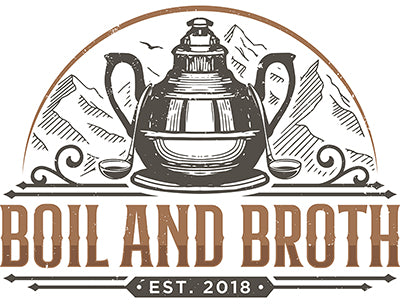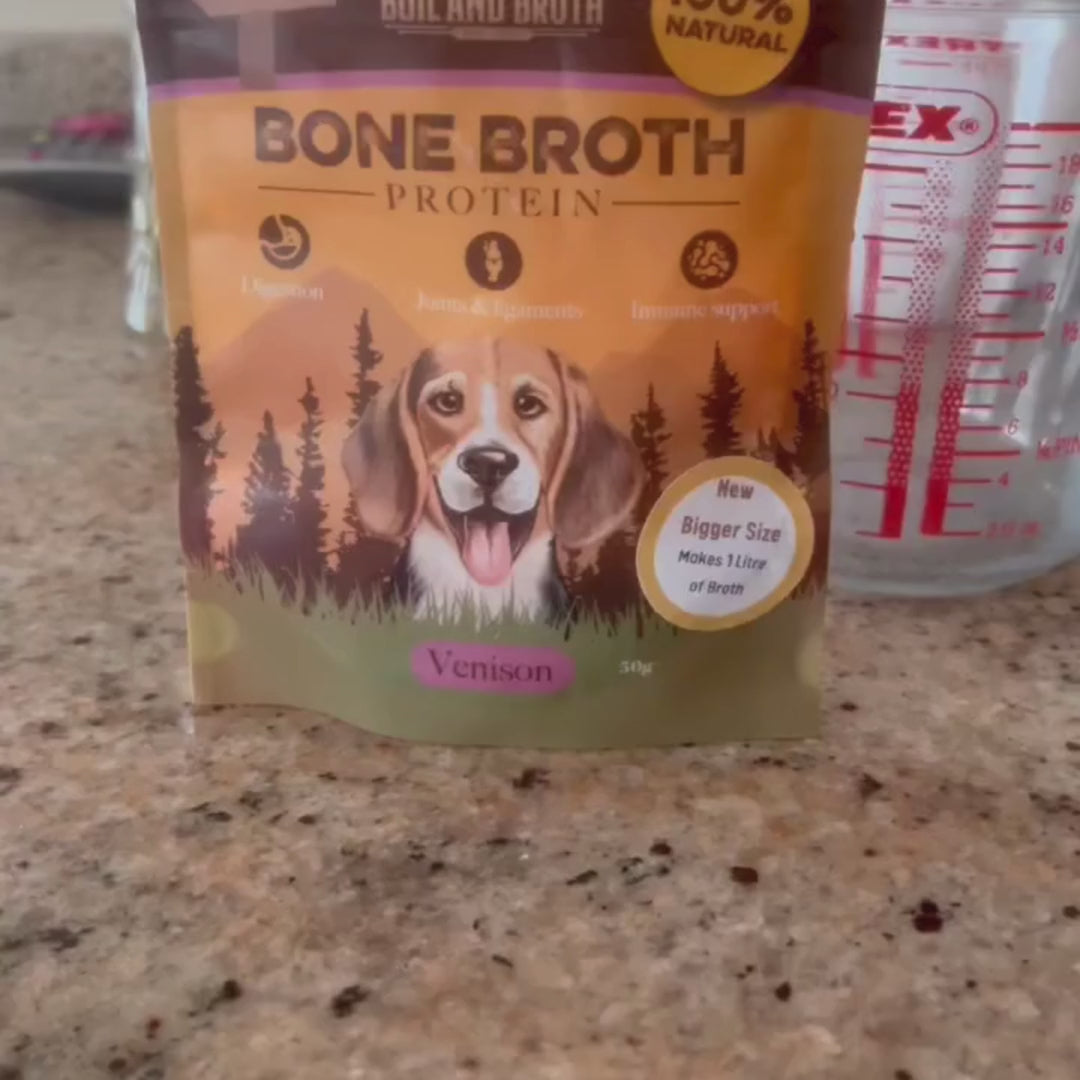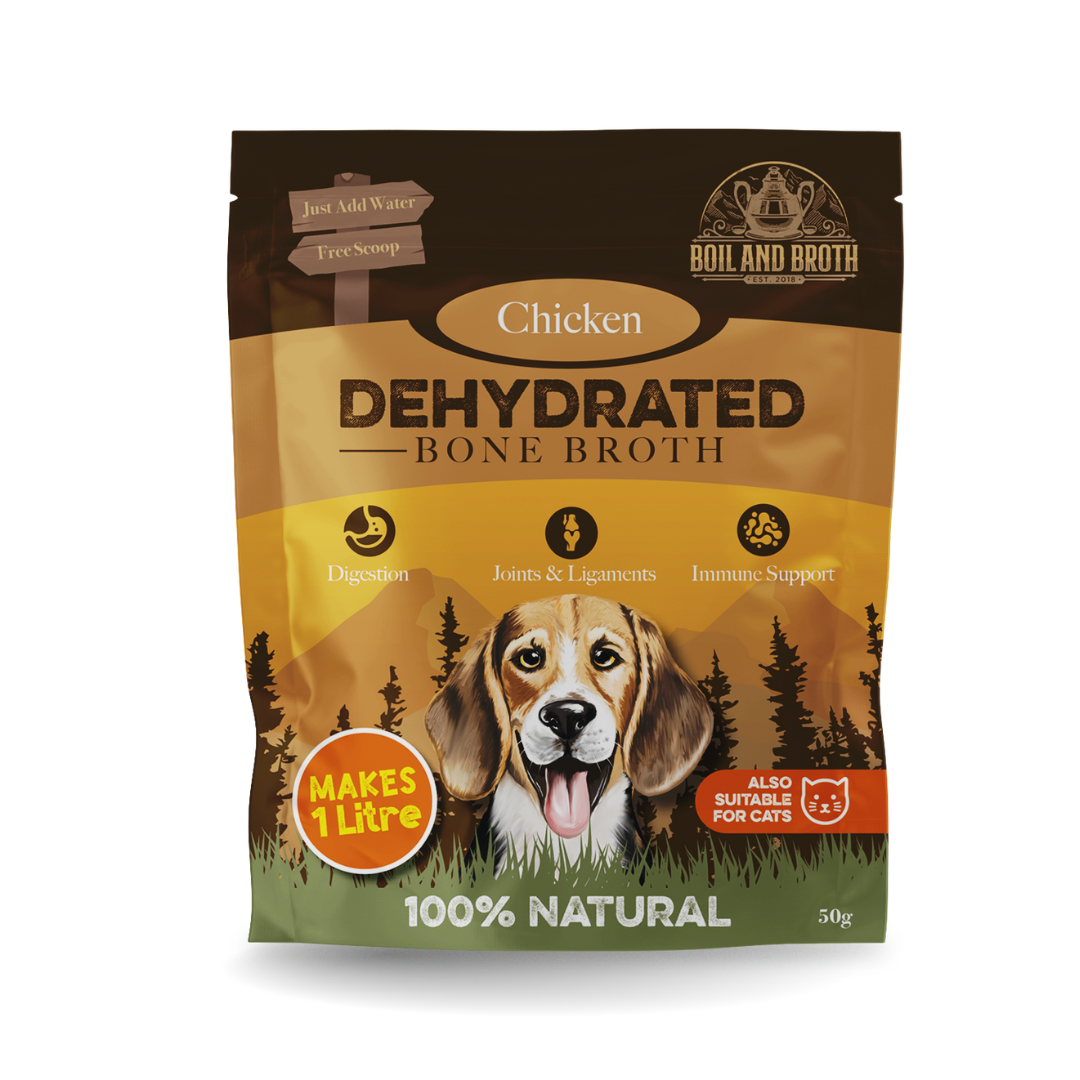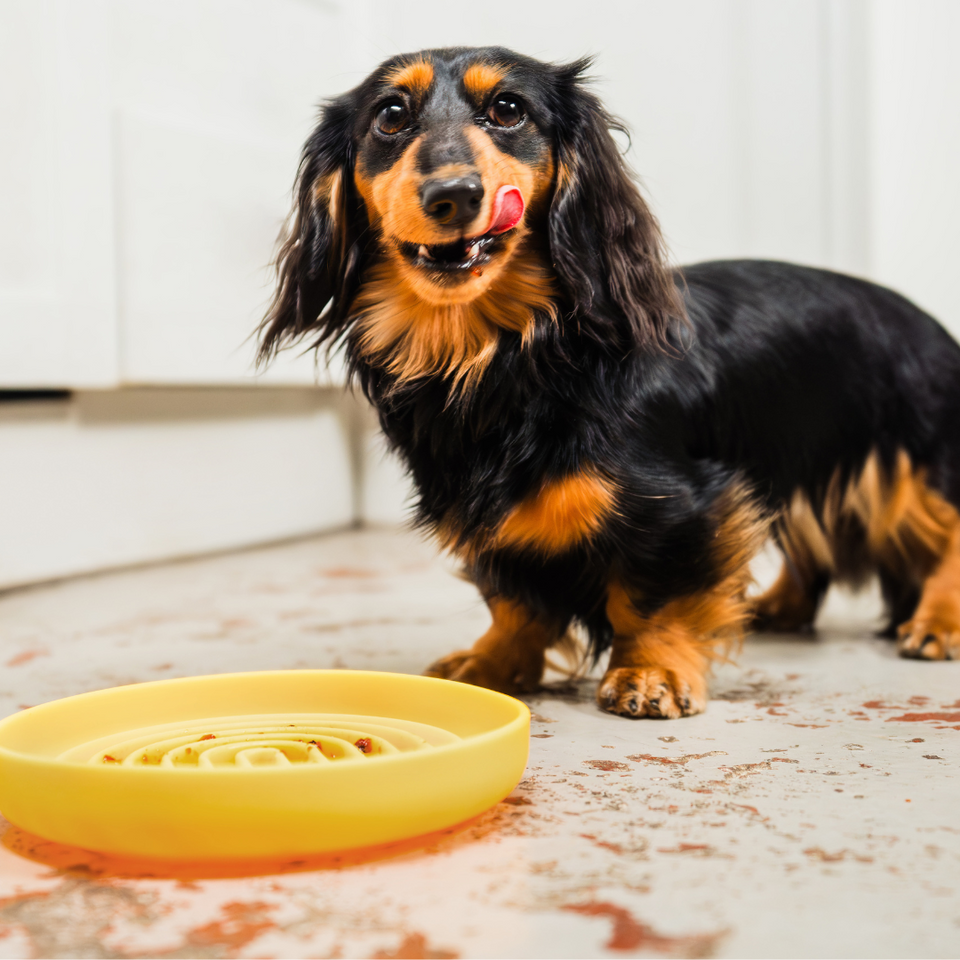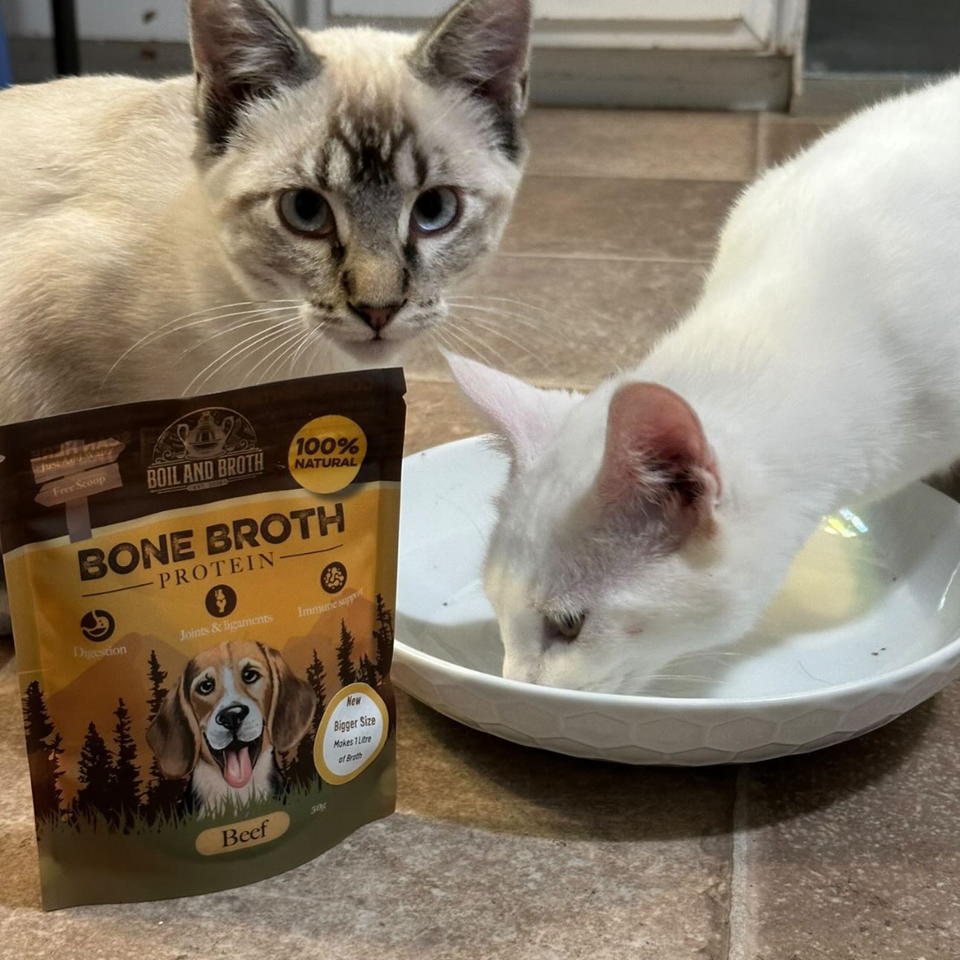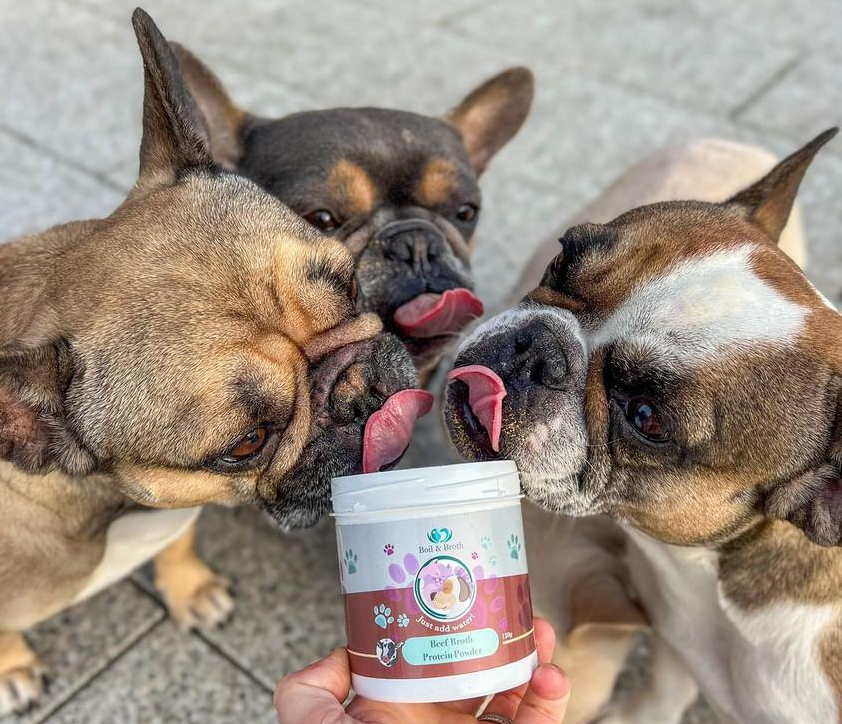
Is there a link between my dog’s bad breath and gut health?
Is there a link between my dog’s bad breath and gut health?
Your dog’s bad breath could be a sign of poor gut health. In this article, we explore the link between my dog’s bad breath and gut health.
As any devoted dog owner can attest, a wagging tail and sloppy kisses are some of the most heart-warming aspects of canine companionship. However, there’s one aspect of our furry friends that can be a bit less endearing – bad breath. While it’s easy to dismiss a dog’s less-than-pleasant breath as a minor inconvenience, it might be an indicator of a more significant issue: gut health.
The Canine Oral-Gut Connection
Contrary to popular belief, a dog’s bad breath isn’t solely a result of their dietary choices or dental hygiene. Recent studies have unveiled a fascinating connection between a pup’s oral health and the state of their gut. Just like in humans, the gut plays a crucial role in overall well-being for our four-legged friends.
The Digestive Domino Effect
The digestive system is a complex network that extends from the mouth to the tail of your canine companion. When your dog chows down on their favourite kibble, the digestive process begins in the mouth, where saliva and enzymes start breaking down food particles. If the balance of bacteria in the mouth is disrupted, it can set off a domino effect, impacting the entire digestive system.
Oral Bacteria and Bad Breath
The primary culprit behind a dog’s bad breath is often the overgrowth of bacteria in the mouth. When harmful bacteria outnumber the beneficial ones, it can lead to the release of foul-smelling compounds, causing an unpleasant odour. This imbalance can be triggered by various factors, including poor dental hygiene, diet, and even stress.
Gut Microbiome: The Key Player
To understand the link between bad breath and gut health, we must delve into the fascinating world of the gut microbiome. The gut is home to trillions of microorganisms, collectively known as the microbiome, which play a pivotal role in digestion, nutrient absorption, and overall immune function. An imbalance in the gut microbiome can have far-reaching consequences, affecting not only the digestive system but also oral health.
The Gut-Oral Axis
Researchers have identified a bidirectional communication highway between the gut and the oral cavity, known as the gut-oral axis. Changes in the gut microbiome can influence the oral microbiome and vice versa. When the balance is disrupted in one area, it can have a ripple effect on the other. This intricate relationship highlights the importance of maintaining a healthy balance of bacteria in both the gut and mouth.
Dietary Impact on Gut Health
The food we feed our furry friends plays a crucial role in maintaining a harmonious balance of bacteria in their gut and mouth. A diet rich in probiotics, prebiotics, and high-quality nutrients can promote a healthy gut microbiome, indirectly improving oral health. On the other hand, a diet high in processed foods and low-quality ingredients may contribute to an imbalance, leading to bad breath and potential gastrointestinal issues.
Proactive Steps for a Fresher Breath and Healthier Gut
As responsible pet owners, there are several proactive steps we can take to address our canine companion’s bad breath and support their gut health:
Regular Dental Care: Implementing a consistent dental care routine, including brushing your dog’s teeth, can help maintain a healthy balance of oral bacteria.
Include Broth: Broth is a power food supplement that supports the digestive system. Vital proteins in bone broth can help to reduce inflammation and also heal leaky gut syndrome. Giving your dog our broth regularly in the diet will help to give your dog’s gut health a boost.
Include Kefir Water: Kefir water is a natural probiotic drink and contains billions of friendly bacteria in one serving. Giving your dog kefir water daily can help to support their gut flora and improve their oral hygiene.
Balanced Diet: Opt for high-quality, nutritionally balanced dog food that supports both oral and gut health. Consider incorporating probiotics and prebiotics to promote a diverse and thriving gut microbiome.
Regular Vet Check-ups: Schedule regular veterinary check-ups to monitor your dog’s overall health, including their oral and digestive well-being. Early detection of issues can lead to more effective intervention.
Hydration: Ensure your dog stays adequately hydrated, as water is essential for maintaining a healthy digestive system.
Next time you catch a whiff of your furry friend’s less-than-pleasant breath, consider it a signal to pay closer attention to their overall health. The surprising link between bad breath and gut health highlights the importance of a holistic approach to pet care. By prioritising a balanced diet, regular dental care, and overall well-being, you can keep your dog’s breath fresh and their gut in optimal condition, ensuring a happy and healthy life for your cherished companion.
